Breaking the Stigma: Jag Opinions on This Year’s Mental Health Awareness Month
Students and teachers open up on the stigma surrounding the topic of mental illnesses
media by Eila Liu
A graphic depicts the contrasting nature of mental health issues and the masked stigma surrounding it.
May 24, 2023
Trigger warning: This article contains mentions of suicide, Post-Traumatic Stress Disorder (PTSD), anxiety, and depression, as well as the negative stigma around these topics.
As school wraps up for the year and the weather finally gets warmer, Mental Health Awareness Month comes to a close. Mental health has become an increasingly referred to topic, with the COVID-19 pandemic driving up rates of anxiety, depression, and many other illnesses, according to the World Health Organization. Some may wonder, what exactly is Mental Health Awareness Month?
For starters, a month dedicated to mental illness isn’t a recent creation. According to the National Alliance on Mental Illness, America began recognizing May as Mental Health Awareness Month in 1949.
The idea of the month is to, of course, raise awareness around mental health struggles, in addition to helping to break the stigma around such issues. The term “break the stigma” refers to the negative and misguided notions of mental illness. These include embarrassment surrounding the subject and the dismissal of mental illness as a whole.
“I have been through some tough times with mental health and I’m still getting [dismissive] comments from people,” Alexandra Larson ‘25 said. “[Saying things like] ‘you can’t have PTSD, you’re too young,’ ‘can’t you just ignore [your struggles],’ ‘you’re choosing to be depressed,’ ‘If you’re anxious, just stop [being anxious]’.”
But, as Helen Egger, M.D. told Everyday Health, “If the person experiencing anxiety could calm down at that moment, they’d simply do it.”
Other students shared Larson’s view on the stigma surrounding mental health.
“There are a lot of people who just don’t think that [mental illness] exists,” Amie Husband ‘25 said. “Or [they] think that you’re just being dramatic, or want attention. I can’t control it. I don’t like attention. [When] I’m having a panic attack my family [will say] ‘Just calm down,’ but I can’t.”
In addition to the struggles of dismissal, many aspects of life can become overwhelming.
“I think being at a certain age [affects mental health],” Ryan Taguchi ‘24 said. “[In addition to] factors inside and outside of the school, namely the stress. I think some classes give a little bit too much homework sometimes. Recently [there was a kid who] died, so I have a friend who is dealing with a lot of sadness. He’s really affected by that.”
But, there is something each one of us can do to break the stigma, that staff and students agree is helpful: talk about it.
“People are reluctant to discuss mental health issues, thinking that it means that maybe there’s a weakness in them or they can’t handle things,” English teacher Colleen Lamb said. “But, the reality is that every single human, by virtue of being a human being, deals with mental health issues. [It’s] the same as the fact that every human has the capacity to get a headache, or a broken bone, or a bruise.”
“By bringing awareness to [mental health issues], yes people are noticing the issue more now, and more people are getting diagnosed,” Larson said. “But, it’s better for people because that is bringing down the chances of someone committing suicide because they don’t know what’s wrong with them. That is bringing down the chances of being hospitalized. If we don’t address it, it’s going to get worse. Even though [people] might not want to talk about it, it’s important to acknowledge it.”

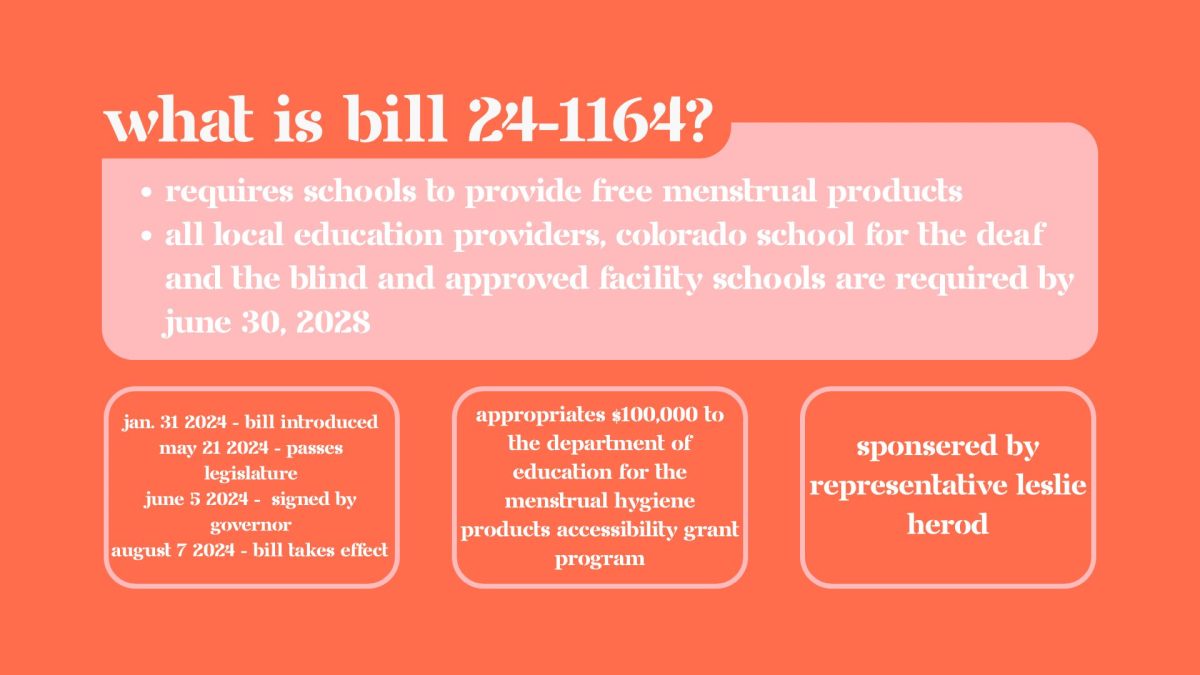

![Minutes before the Activities Fair in the gym, president Abhi Gowda ‘26 prepares the stall for his club Helping Hands, Sept. 4. A relatively new club, Helping Hands was co-started by Gowda and focuses on assisting the homeless, and just last year they succeeded in raising a couple hundred donations to send to shelters. This year, they have goals to expand, with hopes to increase volunteer opportunities and take in-person trips to shelters, as well as extend their help beyond just homeless people. “The Activities Fair gives a lot of underclassmen the opportunity to really get to know the Canyon culture, and it gives them many opportunities for service and volunteering,” Gowda said. “[Through the Activities Fair,] I hope to find a bunch of new and passionate members about our club and just get our name out there and spread awareness to the cause that we’re fighting for.”](https://rockmediaonline.org/wp-content/uploads/2025/09/1-2-1200x885.jpg)







![The winter guard team makes fifth place at the state championship finals in the Denver Coliseum, March 30. The team performed to Barnes Country's “Glitter and Gold,” lead by coaches Margo Sanford, Blair Bickerton and Anna Orgren. In their class there were a total of nine groups participating, and the top five who made it to finals received a plaque. “[Walking onto the stage] is very nerve-wracking, but also very exciting as well. When you first start color guard there's a lot of anxiety and uncertainty when you first perform in front of an audience, but once you've done it for a while, it starts to become the best part of the season,” Ella West ‘25 said. “It's very fulfilling to see an audience react to something you've put your heart and soul into.”](https://rockmediaonline.org/wp-content/uploads/2025/04/Both-socal-media-nd-website-main-1-1200x846.jpg)


![April marks the 25th anniversary of Sexual Assault Awareness Month, created by the National Sexual Violence Resource Center (NSVRC). This month is to spread awareness of the harassment, assault and abuse that happens around the world. The symbol that represented the month was a teal ribbon; however, some survivors of assault create different symbols and movements like the TikTok trend in 2022, where survivors would tattoo Medusa on their body, in honor of her backstory in Greek Mythology. “I don't think [this month is known] at all. I rarely see anybody talk about it. I rarely see much of an emphasis on posting it online, or much discussion about it, and I feel like there needs to be way more discussion,” an anonymous source said. “I think just validating every experience that a person has gone through, regardless of the degree of it, the severity, is an essential step into making sure that people are aware that this is a very real problem in a society and that we need to do better in addressing it.”](https://rockmediaonline.org/wp-content/uploads/2025/04/IMG_0011-1200x900.jpg)

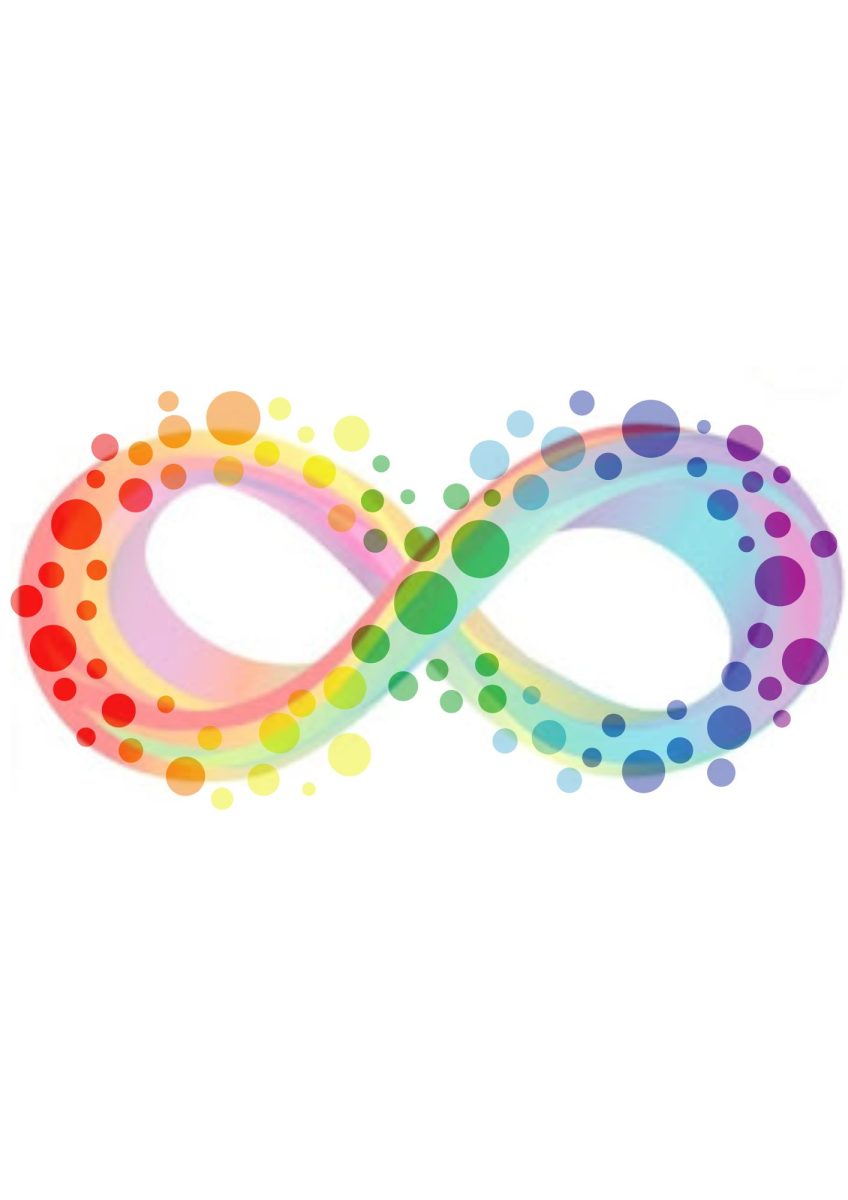

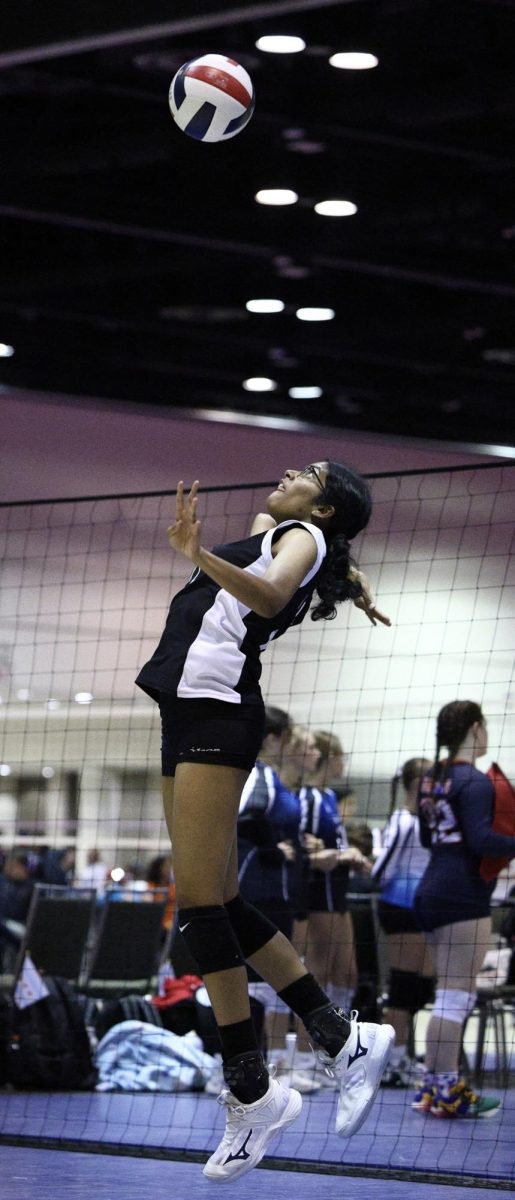


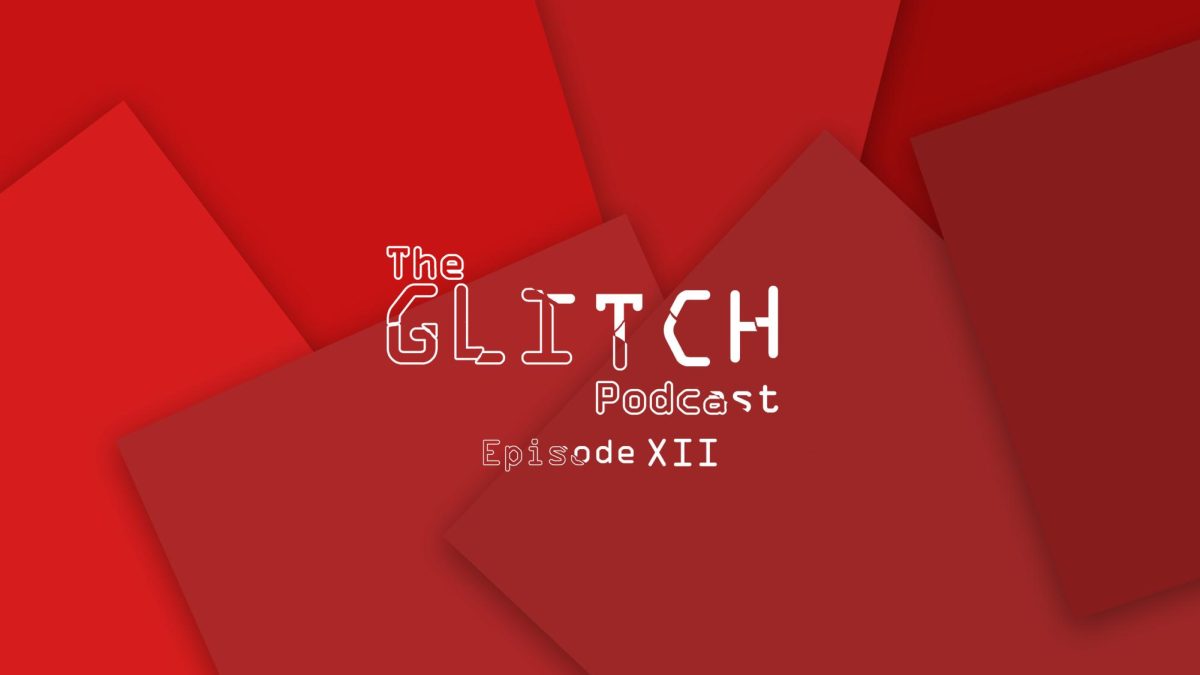
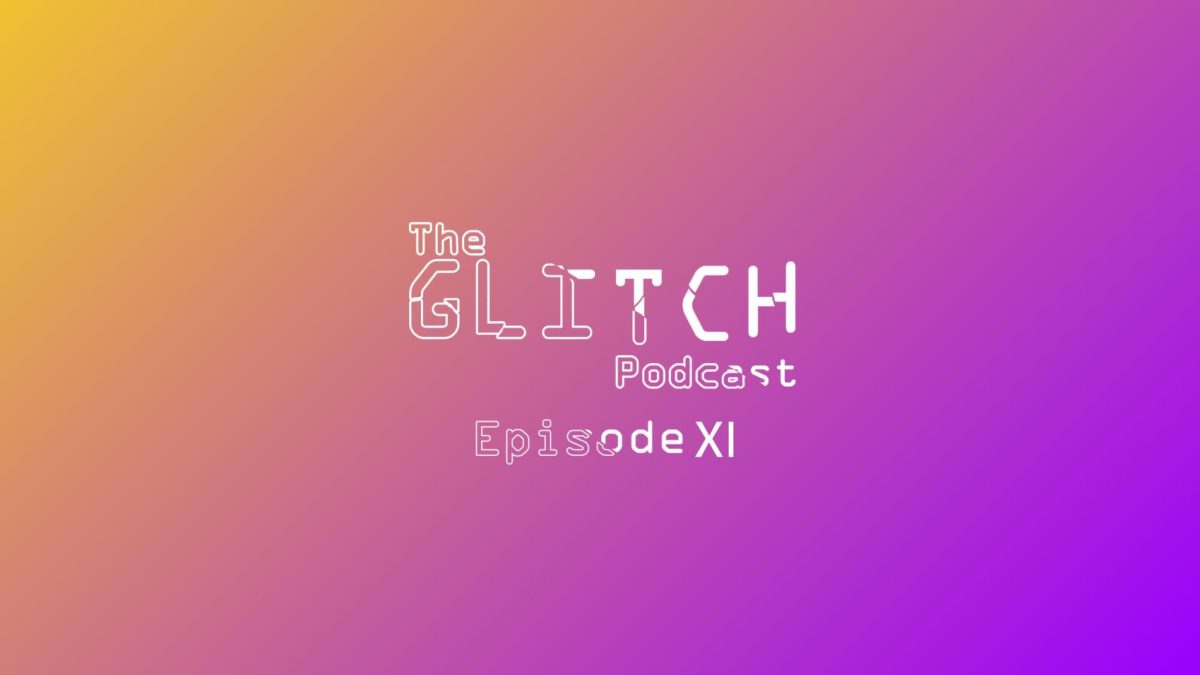





![Lesbian Visibility Day is April 26, and it’s a holiday to celebrate the lesbian community of the world. Lesbian Visibility day was established in 2008 by many queer activists and organizations who sought to raise more awareness for lesbian history and culture. “So this is why during Lesbian Visibility [Day] we celebrate and center all lesbians, both cis and trans, while also showing solidarity with all LGBTQ+ women and nonbinary people,” Linda Reily, in an article written by her, said.](https://rockmediaonline.org/wp-content/uploads/2025/04/Lesbian-Visibility-day.jpeg)



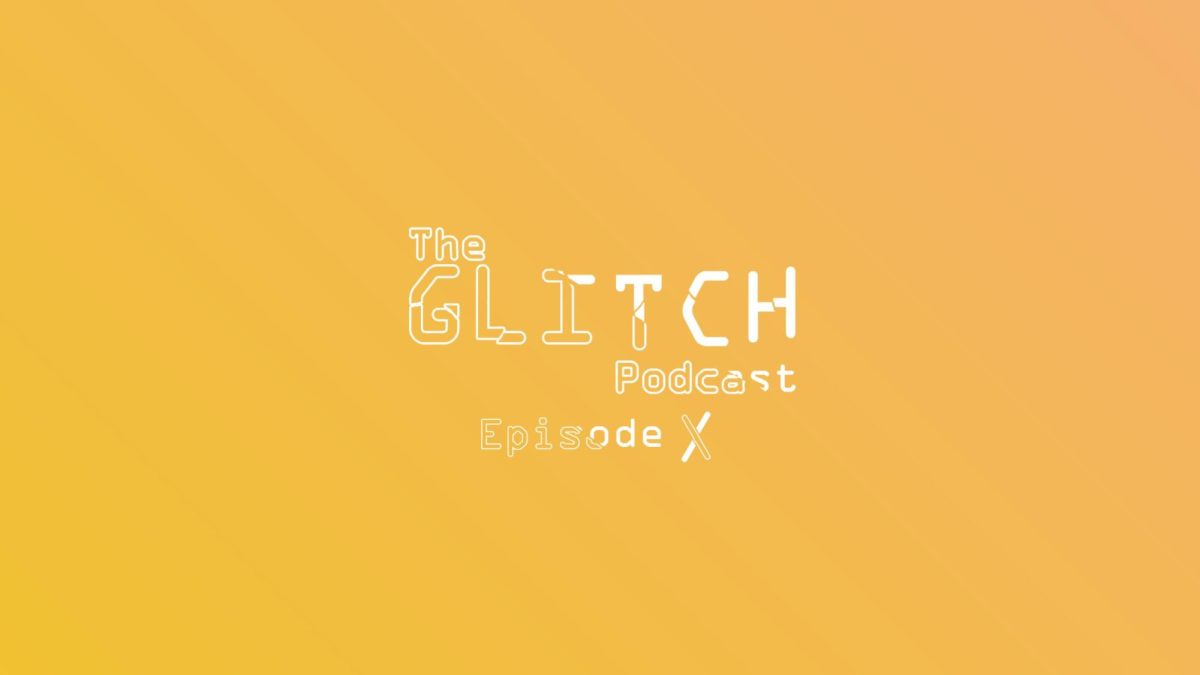
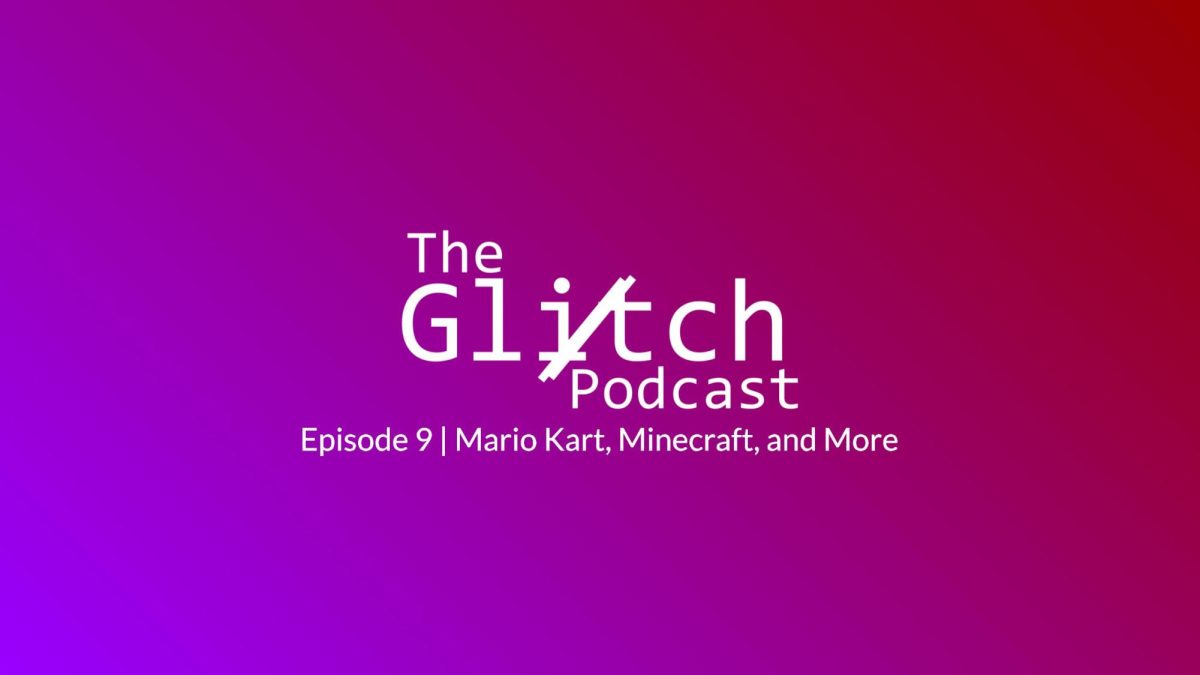

Harold Anthony Maio • May 25, 2023 at 4:26 am
—-Students and teachers open up on the stigma surrounding the topic of mental illnesses
I am not surprised by the above, we widely teach students to believe there is a stigma to mental health issues. It does surprise me that it is accomplished so easily.
Harold A Maio